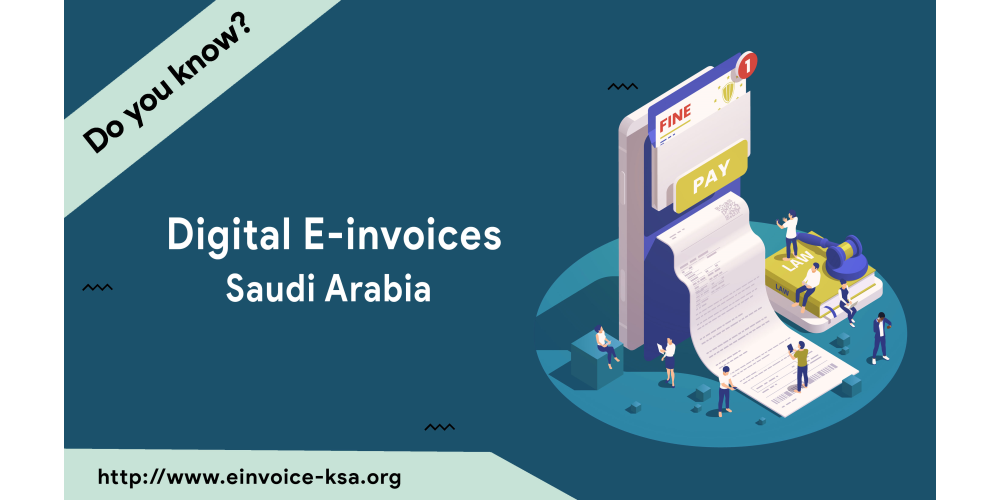
In Saudi Arabia, digital invoices are mandated under the e-invoicing regulations introduced by the Zakat, Tax, and Customs Authority (ZATCA) to streamline tax reporting, improve compliance, and reduce fraud. These regulations require all VAT-registered businesses to issue electronic invoices for transactions. Here are the key points regarding digital invoices in Saudi Arabia:
1. Mandatory E-Invoicing
- Phase 1 (Generation Phase): Since December 4, 2021, VAT-registered businesses must issue invoices in an electronic format (XML or PDF/A-3).
- Phase 2 (Integration Phase): From January 1, 2023, businesses are required to integrate their invoicing systems with ZATCA’s platform for real-time transmission of invoice data.
2. Invoice Format
- XML or PDF/A-3: Invoices must be issued in these formats to ensure they can be processed and transmitted digitally.
- QR Code: Each invoice must include a QR code that links to the digital record of the invoice stored in ZATCA’s system.
3. Mandatory Information
-
VAT-registered businesses must ensure that the invoice contains essential information such as:
- VAT registration number of both the seller and buyer.
- Invoice number and date.
- Total amount and VAT amount.
4. Real-Time Data Sharing
- Businesses must integrate their invoicing systems with ZATCA’s platform to enable automatic sharing of invoice data in real-time. This helps ZATCA monitor and enforce tax compliance.
5. Security and Data Integrity
- Digital invoices must meet ZATCA's security standards, ensuring that the invoice data is securely transmitted and stored.
- Businesses must retain records of all digital invoices for at least 5 years.
6. Penalties for Non-Compliance
- Failure to comply with the e-invoicing requirements may result in penalties, including fines and other legal consequences.
7. Benefits of Digital Invoices
- Improved Efficiency: Reduces manual handling and paperwork.
- Enhanced Tax Monitoring: Enables real-time data sharing for better VAT compliance.
- Increased Security: Reduces the risk of fraud and tax evasion by automating invoice tracking.
Request A Call Back
We will try and understand your system architecture & discuss details of what it will take for you to get 100% compliant.














